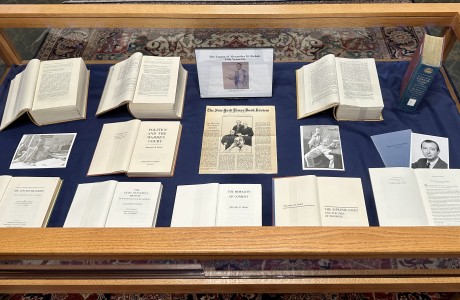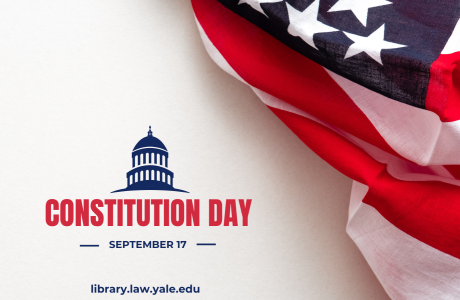Yale Law School Consumer Arbitration Data Archive

On May 21, 2018, a United States Supreme Court majority held in Epic Systems Corp. v. Lewis, 584 U.S. ___ (2018), that, “Congress has instructed in the Arbitration Act that arbitration agreements providiing for individual proceedings must be enforced, and neither the Arbitration Act’s saving clause nor the NLRA suggests otherwise.” In other words, as summarized by NPR’s Nina Totenberg, “the 1925 Federal Arbitration Act trumps the National Labor Relations Act and that employees who sign employment agreements to arbitrate claims must do so on an individual basis — and may not band together to enforce claims of wage and hour violations.” http://wamc.org/post/supreme-court-decision-delivers-blow-workers-rights.
The dissenting opinion, which Justice Ginsburg read from the bench, begins by framing (and answering) the question before the court, “Does the Federal Arbitration Act … permit employers to insist that their employees, whenever seeking redress for commonly experienced wage loss, go it alone, never mind the right secured to employees by the National Labor Relations Act … ‘to engage in …concerted activities’ for their ‘mutual aid or protection’? … The answer should be a resounding ‘No’.”
In its rationale, the dissent cites, among other cases, research, and scholarship, Professor Judith Resnik’s study of arbitration data, “Diffusing Disputes: The Public in the Private of Arbitration, the Private in Courts, and the Erasure of Rights, 124 Yale L. J. 2804, 2904 (2015) (analyzing available data from the consumer context to conclude that “private enforcement of small-valueclaims depends on collective, rather than individual, action.” (p.58). Prof. Resnik’s article is available from the open access Yale Law School Legal Scholarship Repsitory.
In order to preserve and study the effects of consumer arbitration in the United States, Professor Judith Resnik together with a team of student Research Assistants and Law Librarians created an open access archive of data from the American Arbitration Association. https://osf.io/qmtsu/.
Professor Resnik has studied this data for AT&T’s arbitration of consumer complaints and published the results in a recent law review article. “During the course of eight years, an average of fewer than sixty people a year sought relief for claims against AT&T by using the individual arbitration system mandated.” A2J/A2K: Access to Justice, Access to Knowledge, and Economic Inequalities in Open Courts and Arbitrations, 96 N.C.L.Rev. 605, 651 (2018).
Regarding the AAA data: each time the AAA adds the latest quarter of data, it takes down the oldest quarter. Our archive (https://osf.io/qmtsu/) retains the data each quarter in exactly the format in which it was originally posted and makes the data available to researchers.
We are archiving and posting this data because we have found it useful in trying to understand the effect of mandates for consumers to arbitrate. Our hope is that other researchers will also access and study this data.
Another site that has usable AAA data is Level Playing Field (https://levelplayingfield.io/).


